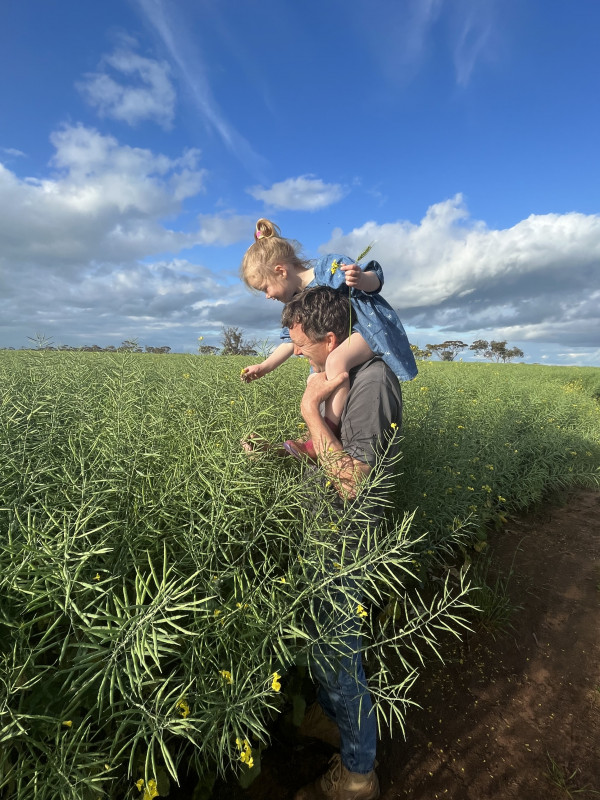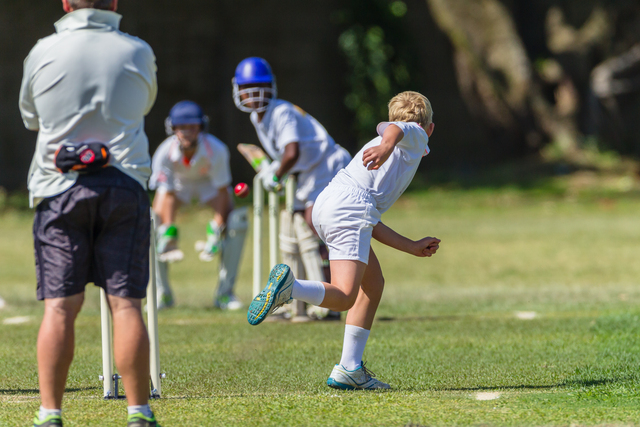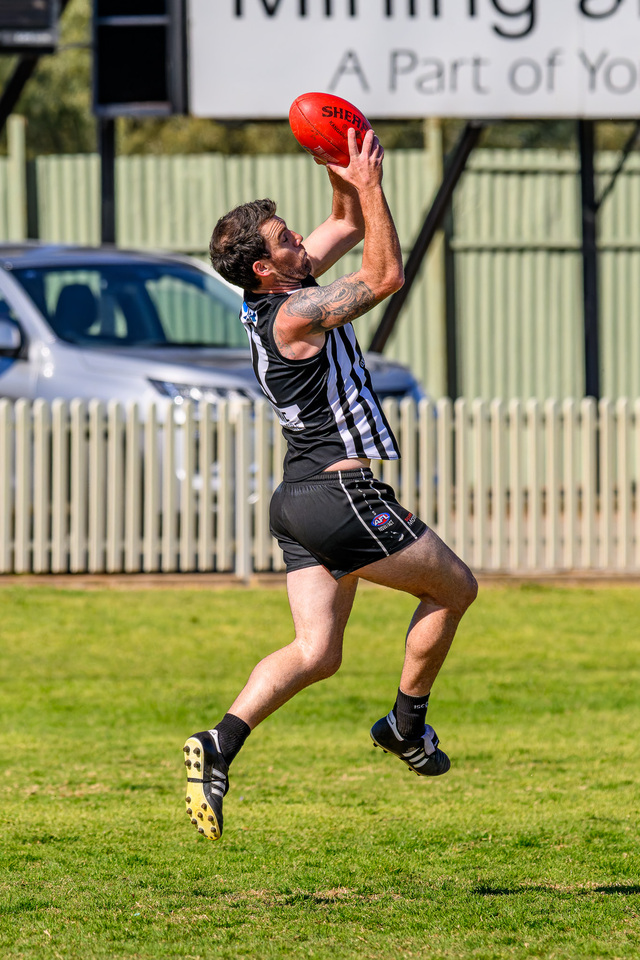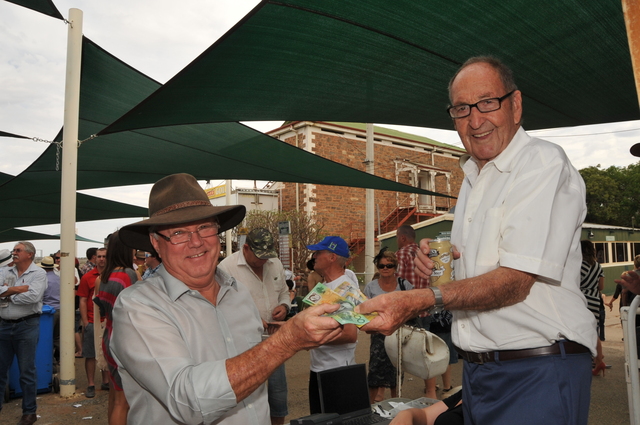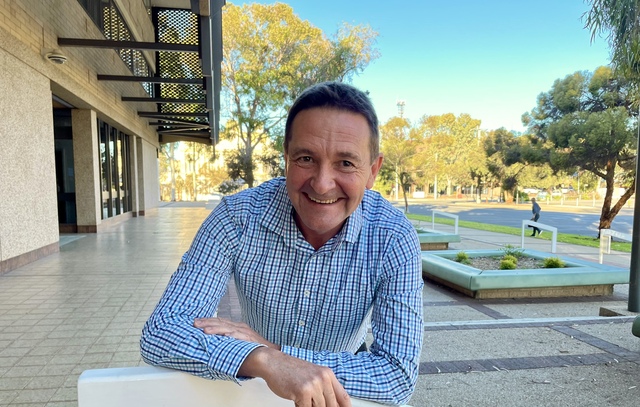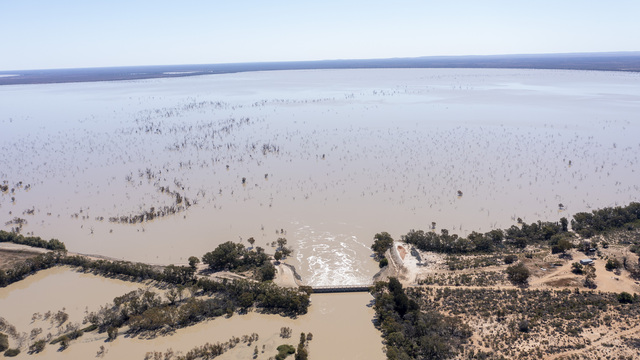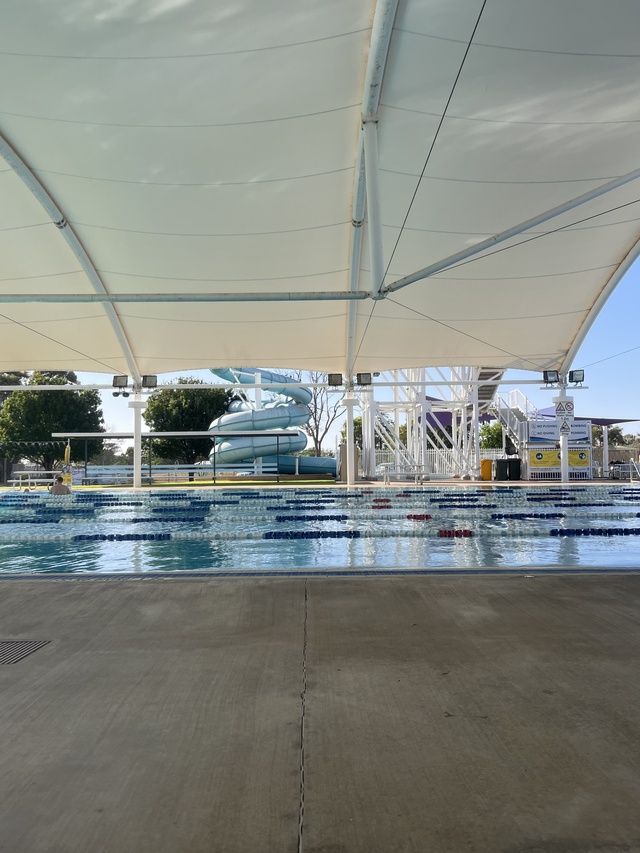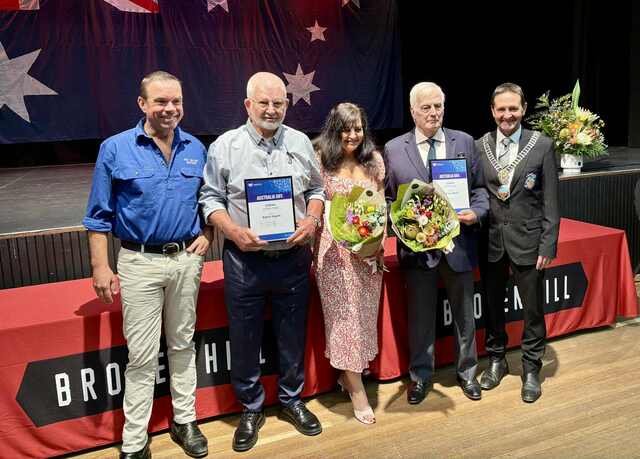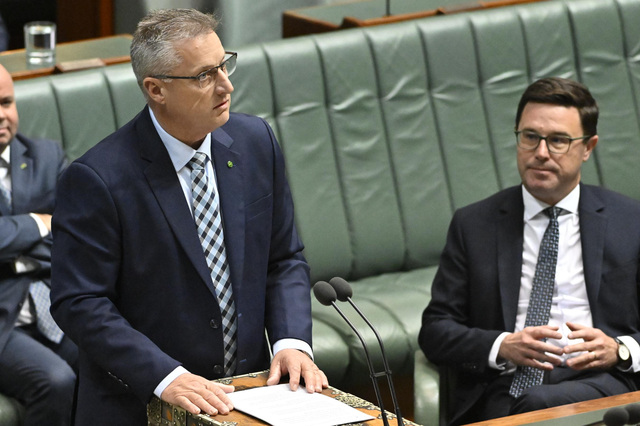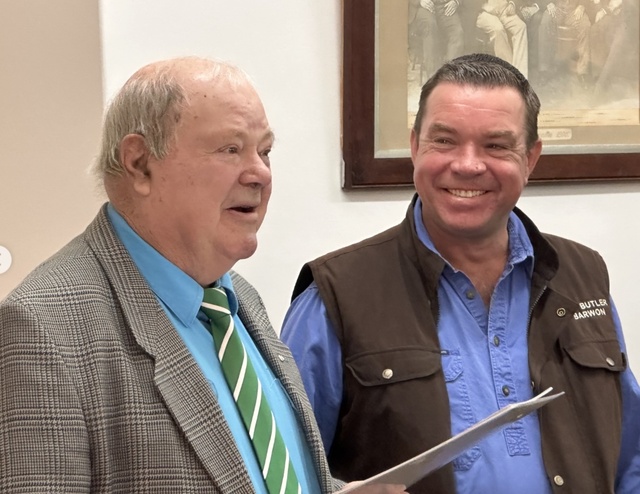RESEARCHERS at the University of South Australia are calling for improvements in regional healthcare for children living remotely, following new research from the university’s academics.
In a study bringing together literature from around the globe, researchers determined that applying a strategy developed specifically for different rural areas and based on needs of the community, healthcare on the whole can be improved.
As part of the study, factors that help and hinder health care remotely, discovering that place based strategies, or strategies designed on a case by case basis in consultation with the community, are better positioned to assist and support rural kids.
The research showed those plans are generally developed outside of traditional clinical settings and in collaboration with teachers and parents.
UniSA researched and PhD candidate, Georgia Gosse, said that governments need to work with the community when it comes to healthcare.
“All children have the right to quality healthcare,” she said.
“But those who live outside of metropolitan centres are distinctly and unfairly disadvantaged.
“Children in rural or remote areas are four times more likely to be developmentally vulnerable than metropolitan children and less likely to access the health services they need.
“Without access to timely and appropriate allied health services; like physio, occupational therapy or speech therapy, children with developmental delays can struggle to meet full potential.
“Allied health services are vital to putting children on the road to healthy development, but accessing one of these professionals in the bush is like herding cats.
“Our research is trying to change this.”
Ms Gosse said plans need to be guided by the community.
“Our study found that strategies co-designed and delivered with local communities are especially effective for rural families,” she said.
“They take place in familiar settings, such as homes or schools, and work closely with communities to respect local needs and cultural sensitivities.
“But these strategies also face challenges: parents or carers may not have the time or knowledge to support therapy at home, and teachers are often stretched with limited resources at school.
“It’s a complex issue, and while there’s no quick fix, the evidence strongly supports working alongside local communities, including children as the end users, to shape and deliver effective solutions.”
The research comes as calls are renewed for a National Rural Health Strategy.
Senior researcher at UniSA, Professor Saravana Kumar, said children’s voices should underpin the design and implantation of models of care.
“To improve health outcomes for rural communities, we must deliver child-centred, place-based care that’s co-designed with local communities,” he said.
“We need to leverage the strengths of the local community, respect lived realities, and ensure that health services are built for the people who use them.
“This is about designing care that works with communities, not just for them. Because when we get it right for our bush kids, we’re getting it right for the future.”

